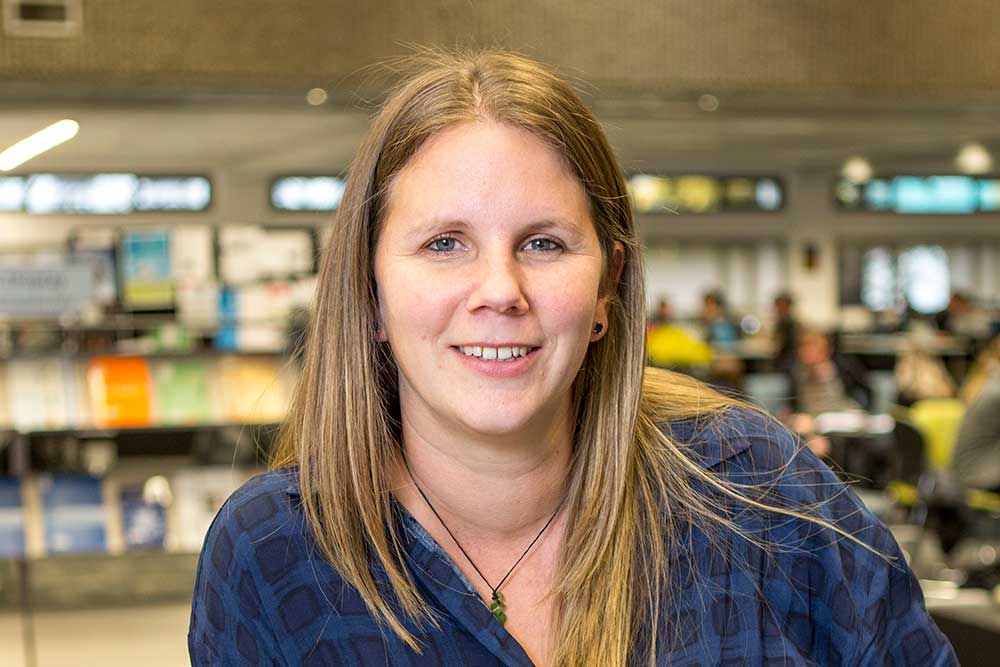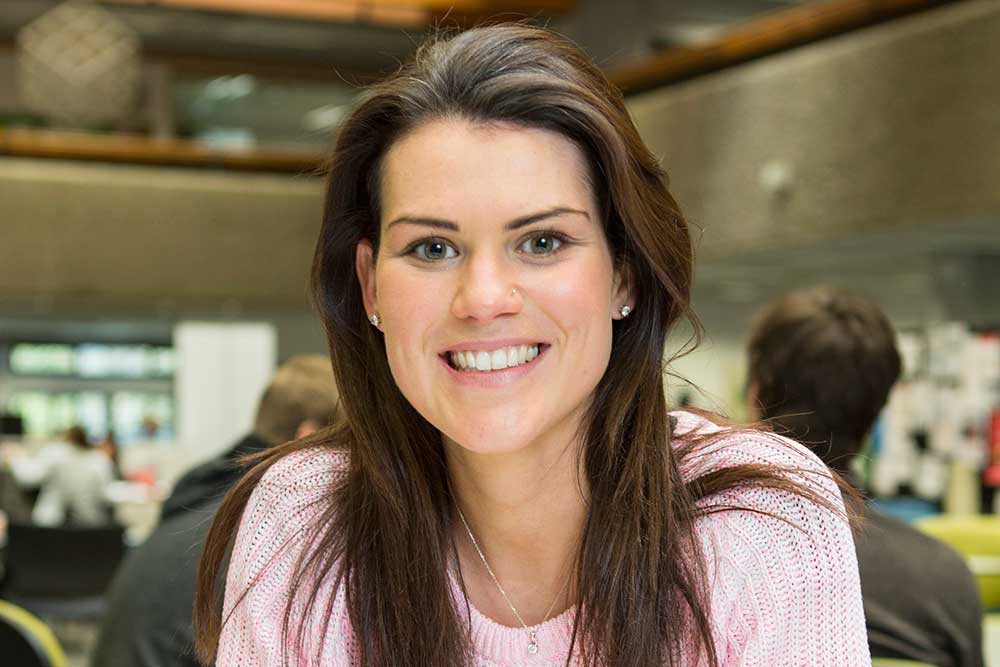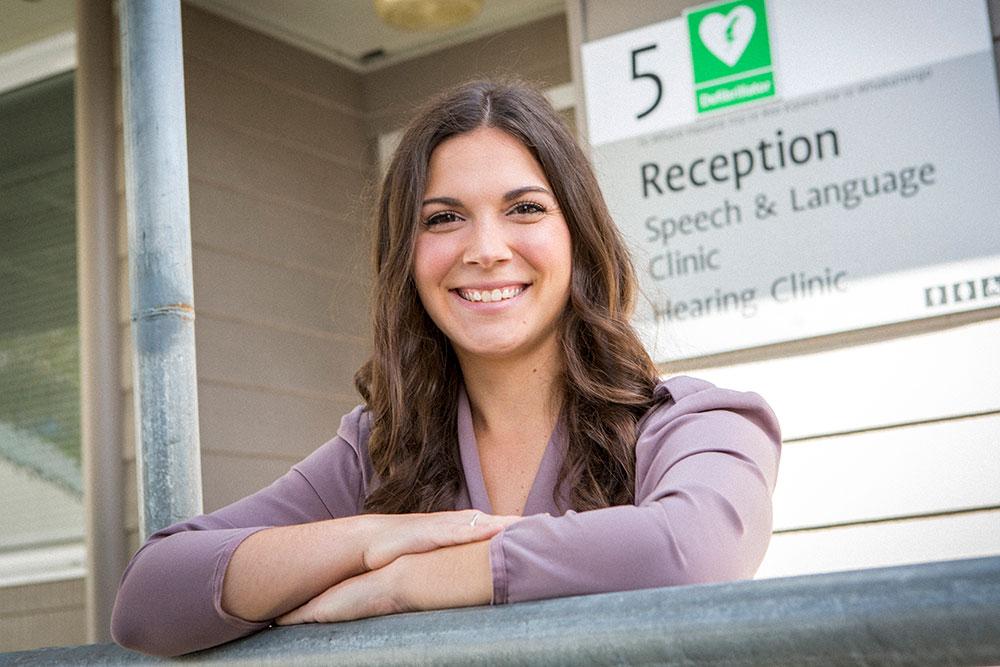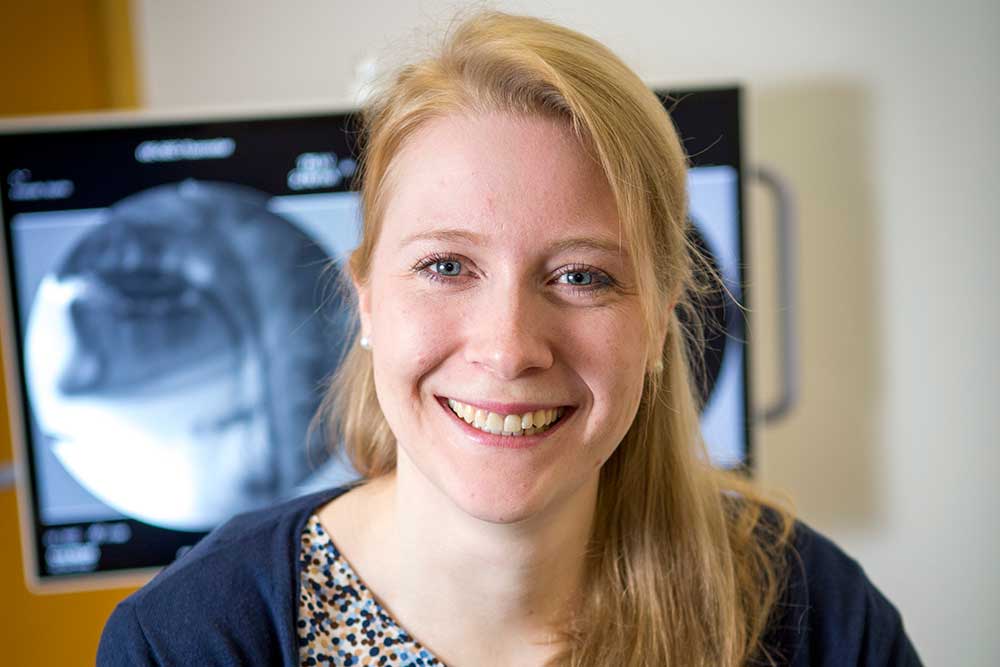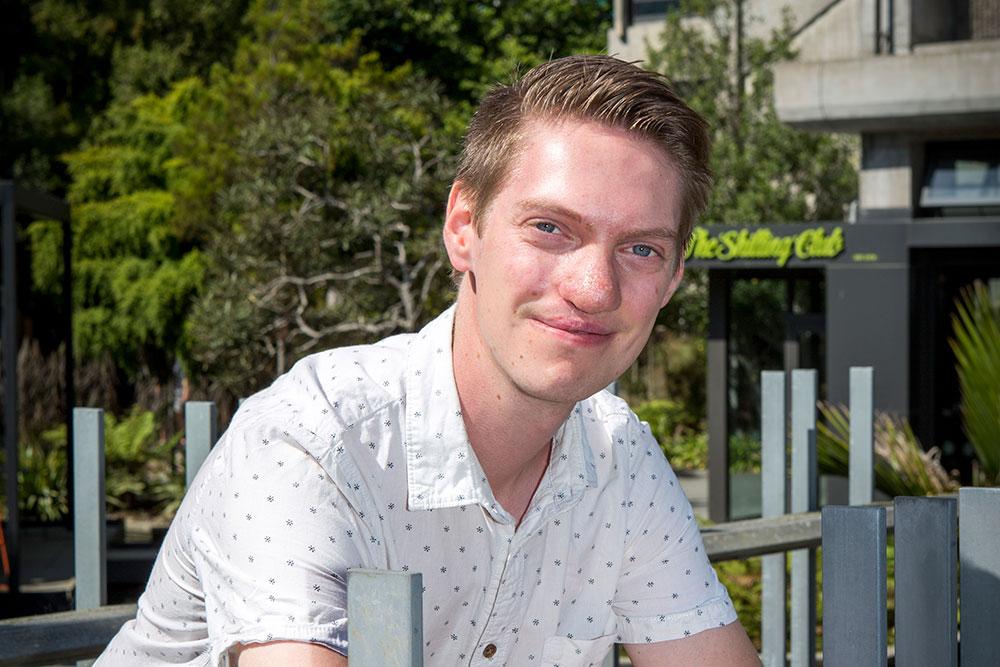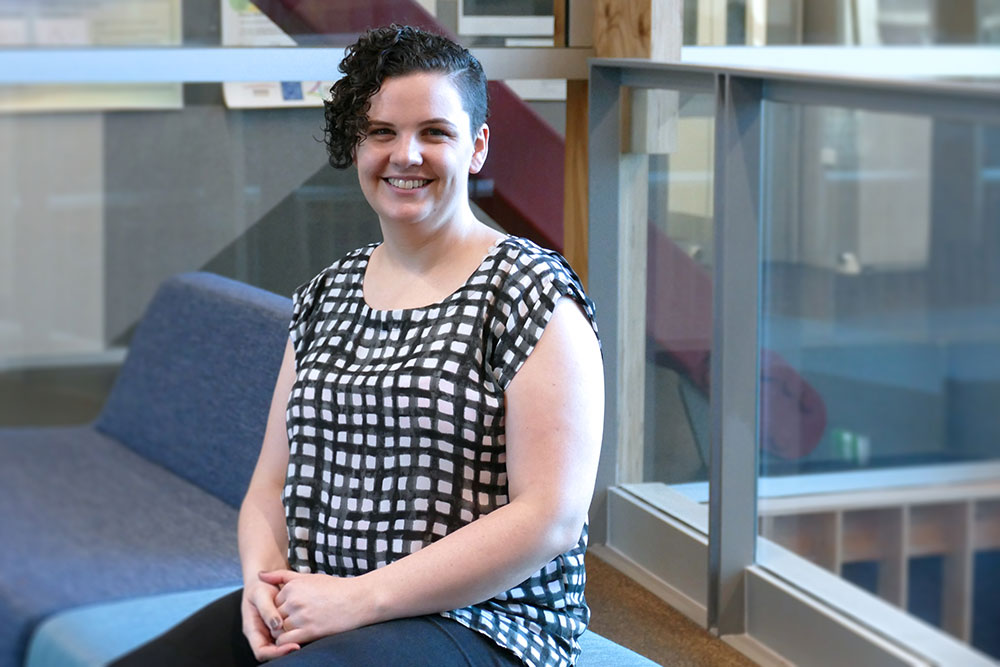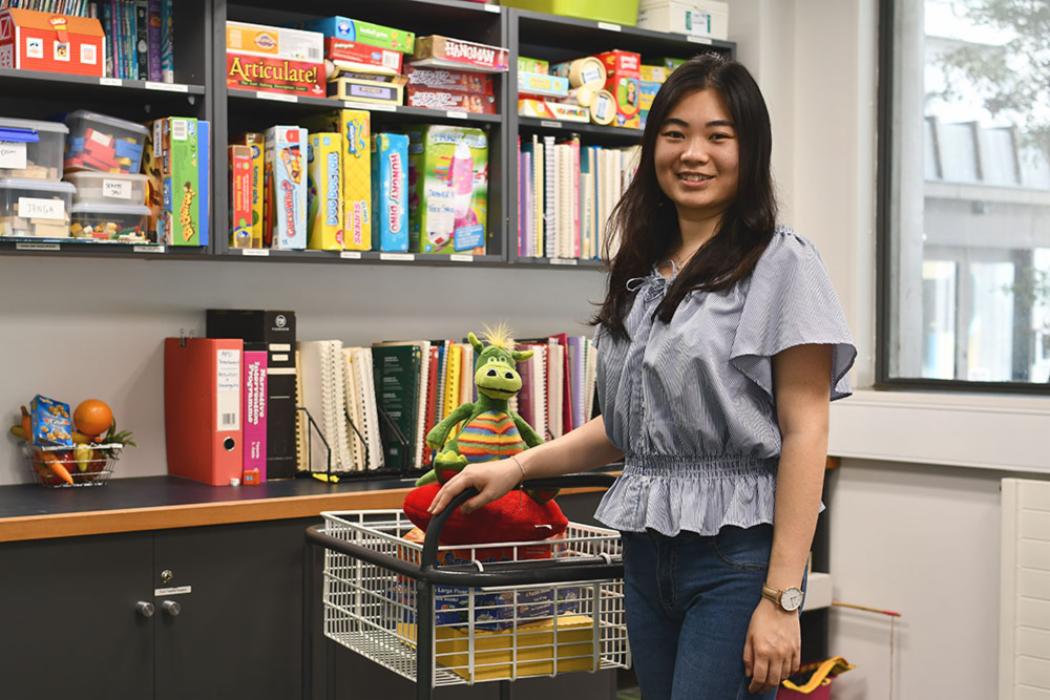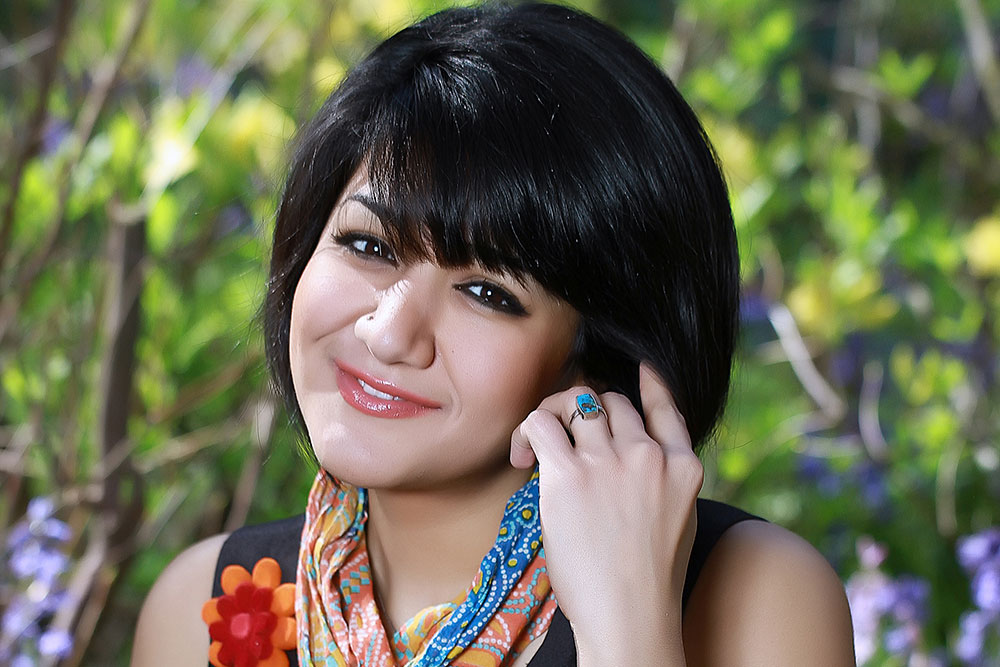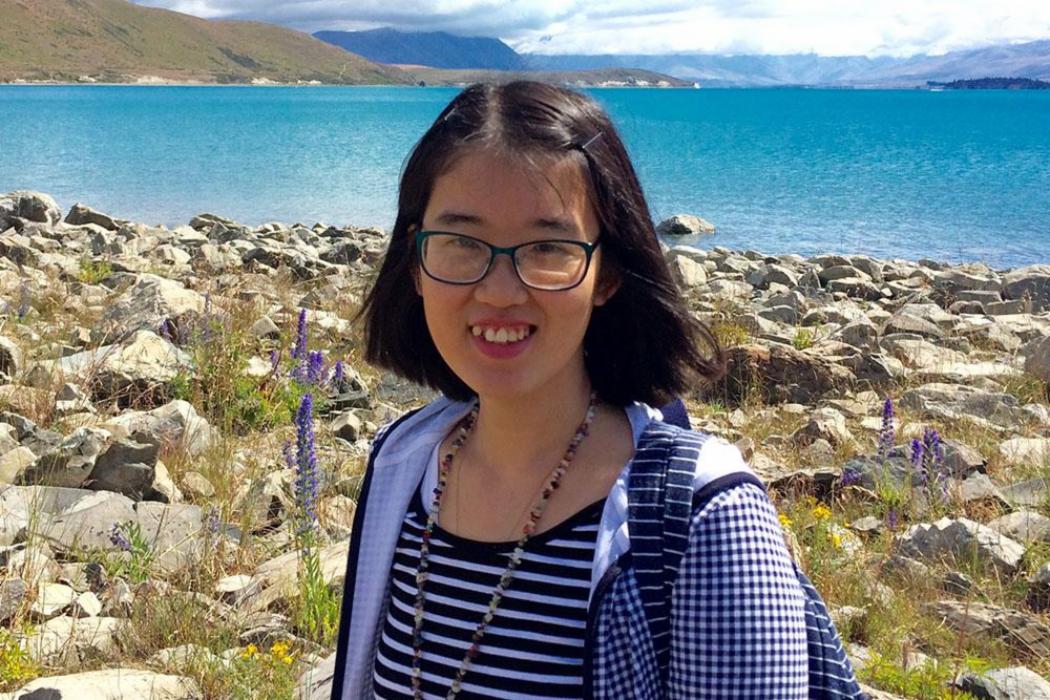Courses
Bachelor of Speech and Language Pathology with Honours
UC offers a Bachelor of Speech and Language Pathology with Honours , which develops professional clinical practice and research skills in the diagnosis and treatment of communication disorders.
The first year of the degree is called the Intermediate Year, and includes introductory courses and a large selection of optional courses in a variety of subjects, such as Linguistics, Psychology, and Education.
The Intermediate Year is followed by three full-time years of specialised professional training – the Professional Years. A Grade Point Average of B or better is required to progress to the second year.
In the Professional Years, you will complete coursework covering a wide variety of topics in normal and disordered aspects of speech, language, swallowing, and hearing. The academic coursework is taken in combination with clinical fieldwork.
You will have the opportunity to undertake your fieldwork with practising therapists and people of all ages and backgrounds in a variety of settings, including preschools, schools, hospitals, and clinics in Ōtautahi Christchurch and throughout Aotearoa New Zealand.
Limited entry to the First Professional Year (second year of study)
Entry to the second year of the Bachelor of Speech and Language Pathology with Honours is limited to those who successfully complete their Intermediate Year with high grades and complete an application process.
If you are unable to or decide not to continue with a Speech and Language Pathology degree, you can credit completed courses to a Bachelor of Science, Bachelor of Health Sciences, or Bachelor of Arts.

